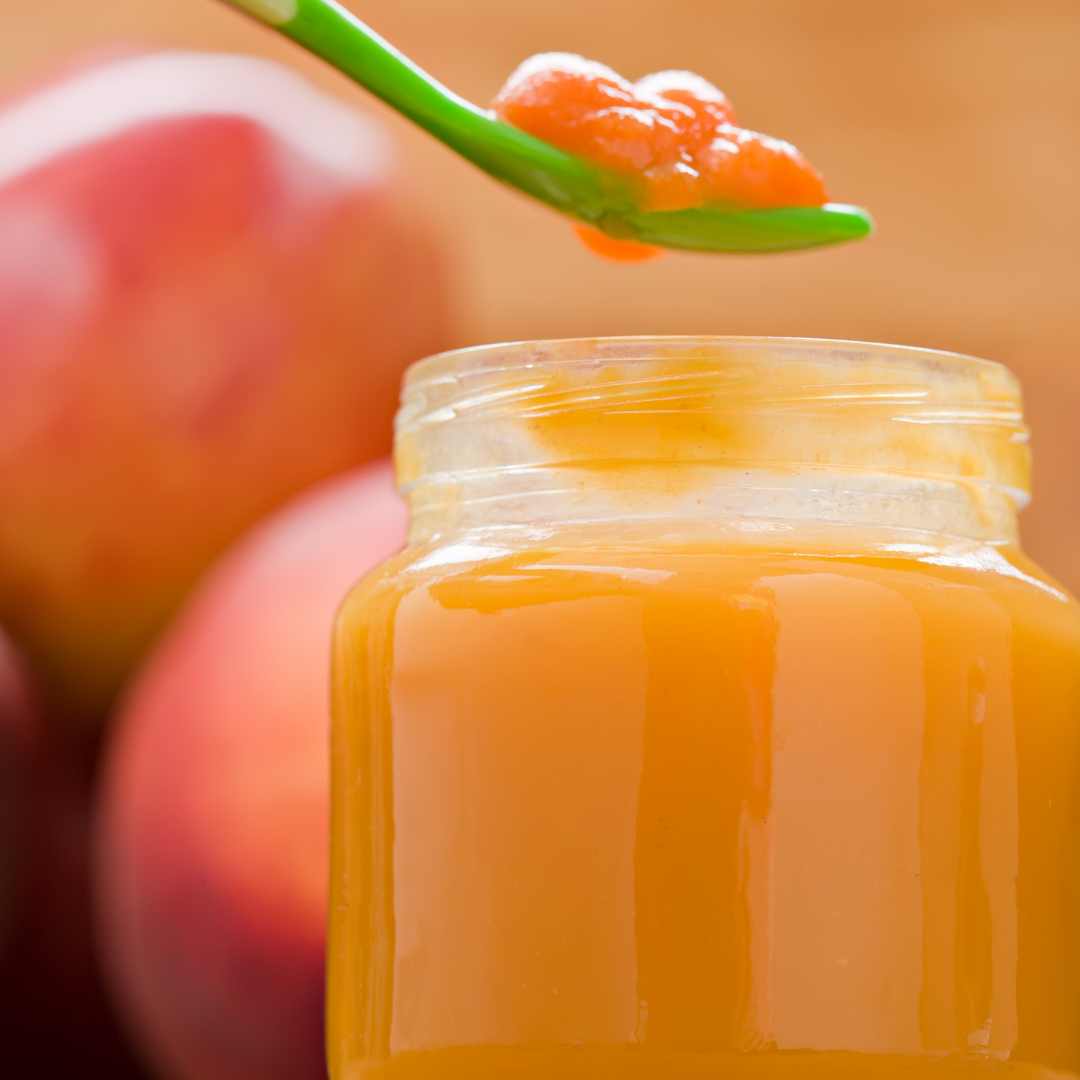6 Factors to Consider When Buying Organic Food for Your Baby
All parents want the best for their babies. So they are careful of their baby’s health and diet. Organic food is becoming increasingly popular amongst parents because people are more aware of the potential dangers of pesticides and other toxic chemicals generally found in non-organic foods.
There are various types of organic food products available nowadays that you can buy for your little ones. For example, you can choose butternut squash baby food or organic cauliflower mash. Whatever your preference is, you must offer a variety of food and flavors to your baby to pique their interest.
But there are aspects you should consider before making your purchase. Just because a product is labeled, “organic” does not mean it is healthy or suitable for your baby. Here is an informative guide to making sure you buy the best organic food for your little one.
1. Source of the Food
You have to make sure that your food comes from a reputable source. Many places sell baby food products, but not all of them sell quality goods. Therefore, do proper research and read customer reviews to find a good source of natural foods.
It can be challenging to find organically made food in some areas. But fortunately, there are many online stores that you can check out and order from. They will generally have an array of products for selection compared to your local grocery store. In addition, in online stores, you can often find good deals or seasonal offers on baby food items.
2. Price
Before venturing out for baby food products, you should find out the average price online or in your local market. This will help you know if you are being charged a fair price for the food you are buying. Remember that natural food products tend to cost more than non-organic foods. This could be because the ingredients used are of higher quality.
3. Ingredients
Little ones have sensitive tummies, so you need to make sure that the ingredients in their food products are easy to digest. Organic food is grown without pesticides, herbicides, or other harmful chemicals. Therefore, you can ensure that the ingredients are all-natural and safe for your baby. If your baby likes vegetables, you can try butternut squash baby food. While it is excellent as it is, you can use it as a dip for cutlets and crackers.
4. Nutrition
All babies need a certain amount of essential nutrients for proper growth and mental development. Ensure that the food you are feeding your baby provides them with the nutrients they need for overall health. For instance, the organically grown butternut squash baby food is a healthy option because it is an excellent source of vitamins, fiber, and minerals. Not only that, it is also low in calories and sodium.
5. Taste
Taste plays a vital role in getting the babies to finish their meals. Babies have different taste buds than adults and may not like the same foods. So you need to make sure that your baby enjoys the taste of the food you are offering.
It is important to find food that your baby will enjoy eating. Some babies may dislike the taste of organic foods. If this is the case, try adding pureed fruit to the food to make it more palatable.
6. Texture
The food texture is also an essential factor to consider, especially if you are feeding a baby who has started to eat solid foods. You have to make sure that the food is soft enough for them to chew and swallow easily.
Conclusion
Organically grown food is often a good choice for babies because it is free from harmful chemicals and is of a higher quality. When buying organic food for your baby, consider the food’s source, price, ingredients, nutrition, taste, and texture. These factors will help you pick the best possible product for your little one.



